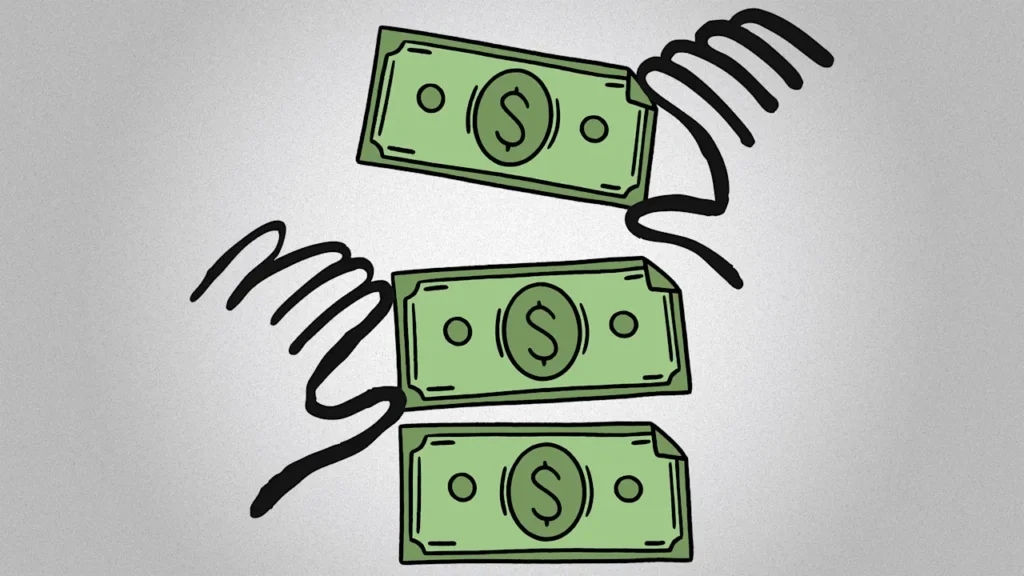
Artificial intelligence startup Anthropic has agreed to pay a record-setting $1.5 billion to a group of book authors and publishers in order to settle a class action lawsuit. The payout is thought to be the largest in the history of U.S. copyright suits and could influence other cases where an AI company has been sued for copyright violations.
“This settlement sends a powerful message to AI companies and creators alike that taking copyrighted works from these pirate websites is wrong,” Justin Nelson, an attorney for the plaintiffs, said in a statement.
The suit, filed last year, was brought by authors Andrea Bartz, Charles Graeber, and Kirk Wallace Johnson over copyright infringement. They alleged that Anthropic used the authors’ copyrighted books to train its chatbot, Claude.
Is AI training ‘fair use’?
In June, a judge ruled that while Anthropic was allowed to train its AI model using books that it had acquired the copyright for under fair use rules, the startup had illegally acquired books via online libraries that contained bootleg copies of books. The judge concluded that the authors had cause for the case to proceed to a trial. That was slated to start in December.
Now, according to a court filing on Friday, the startup has agreed to pay authors $3,000 for each of around 500,000 books it used to train its AI, plus interest. The company also agreed to destroy the datasets containing the allegedly pirated material.
“As best as we can tell, it’s the largest copyright recovery ever,” Nelsons said, according to the Associated Press “It is the first of its kind in the AI era,” he added.
“Today’s settlement, if approved, will resolve the plaintiffs’ remaining legacy claims. We remain committed to developing safe AI systems that help people and organizations extend their capabilities, advance scientific discovery, and solve complex problems,” Anthropic’s deputy general counsel Aparna Sridhar said in a statement.
What does this mean for other AI companies?
The settlement may give other AI companies facing similar challenges to their use of copyrighted material to train their models pause. Back in June, the judge in this case affirmed that using books to train a large language model represented a “transformative” use of the work—crucial for “fair use”—but made a clear distinction if the books had been sourced illegally.
Since chatbots exploded onto the scene in late 2022, authors have repeatedly expressed concern that the models that power them were trained using their works without permission.
In 2023, The Authors Guild, a professional organization for writers, sent an open letter to the CEOs of prominent AI companies calling for them to get authors’ consent before using their’ works to train models. More than 15,000 authors signed the open letter; best-selling author Nora Roberts was among them.
“If creators aren’t compensated fairly, they can’t afford to create. If writers aren’t paid to write, they can’t afford to write,” she said at the time.
Anthropic is not the only AI startup at the center of a copyright case: OpenAI was sued in 2023 by more than a dozen authors for copyright infringement in the training of its large language models—the suit is still pending. And another suit brought by authors against Meta on similar grounds was dismissed earlier this year, but the judge did not weigh in on whether the company’s use of copyrighted materials to train its AI was legal.
The judge in the case has scheduled a hearing on Monday to review the settlement terms; he will need to approve it before it can go ahead.
